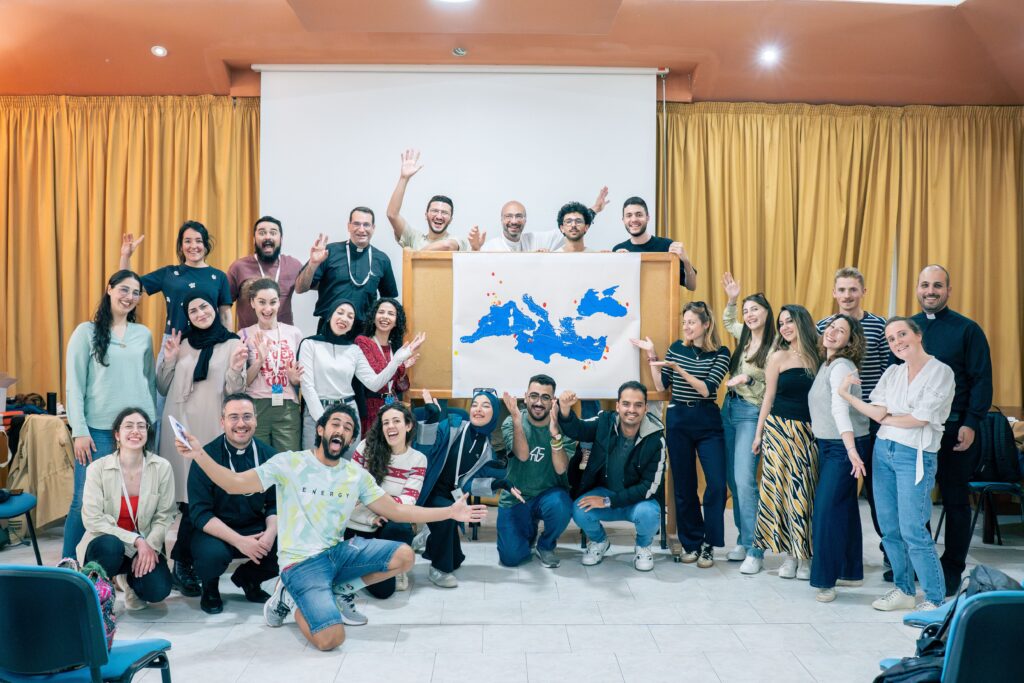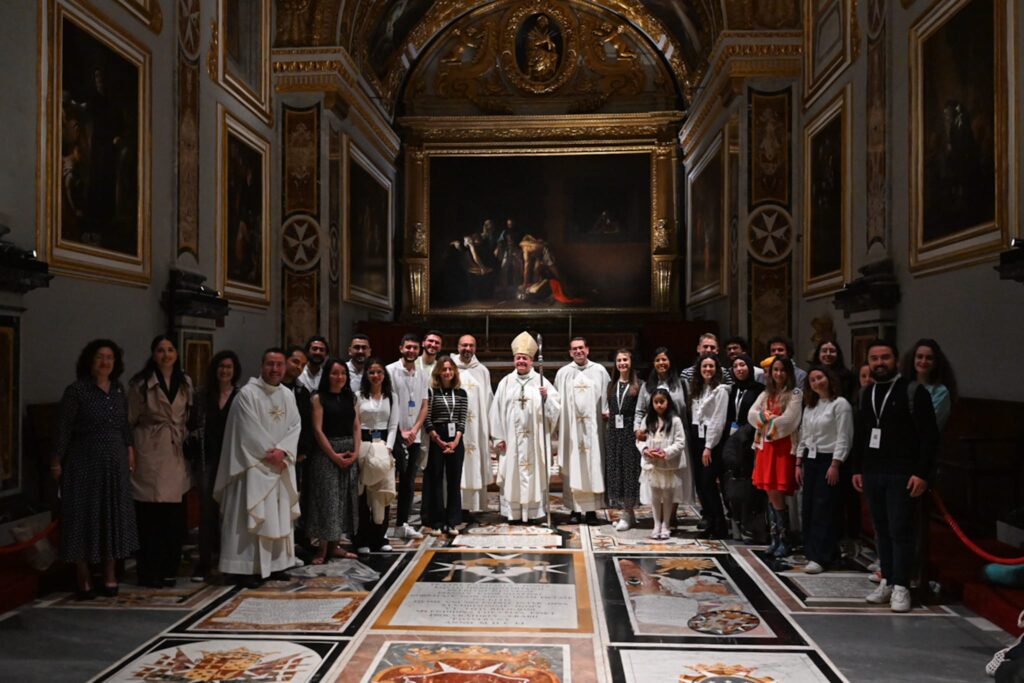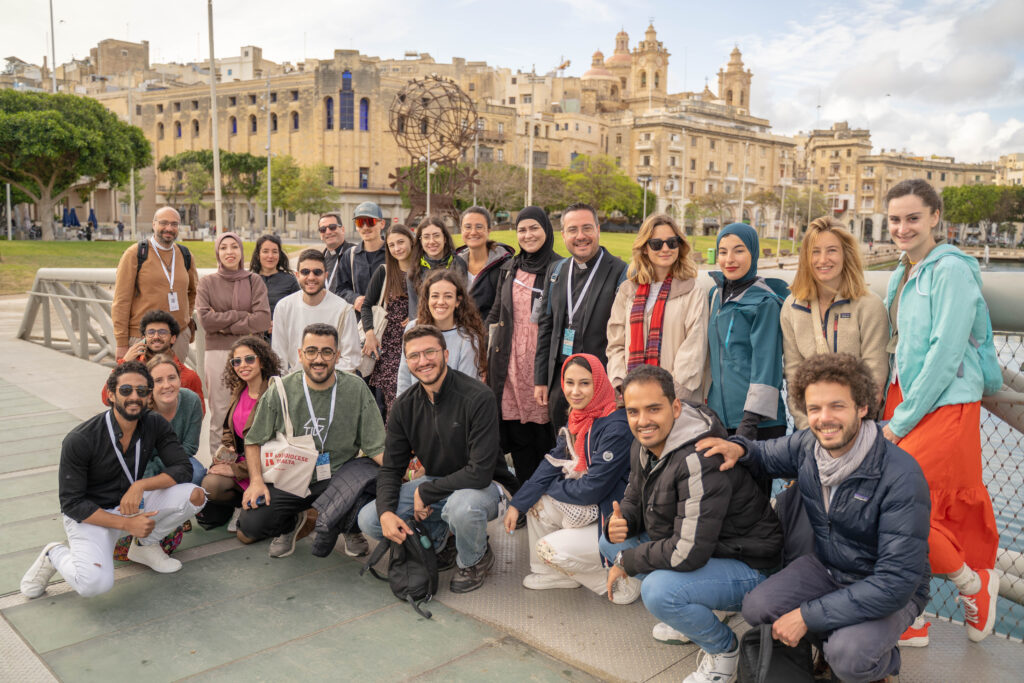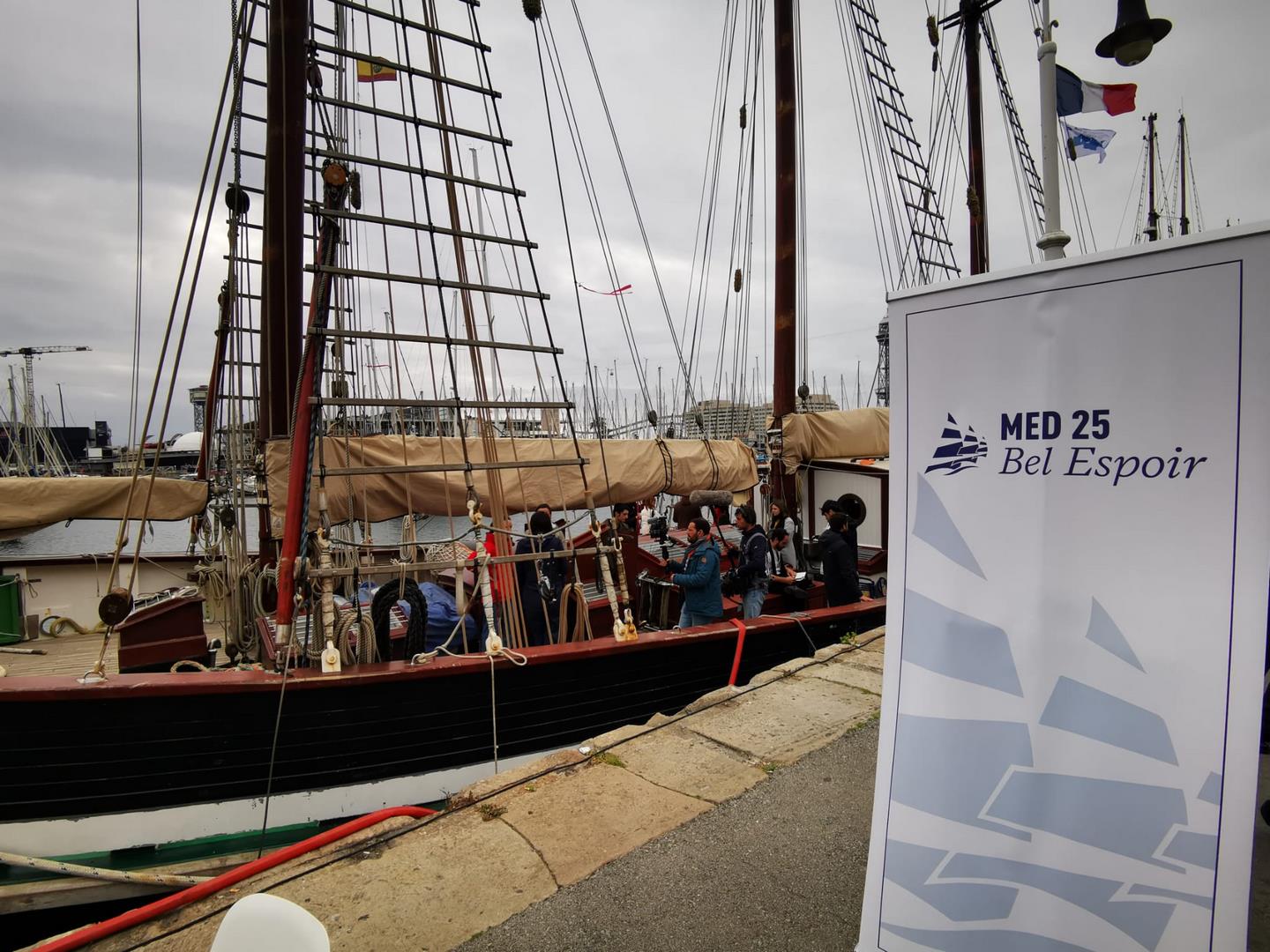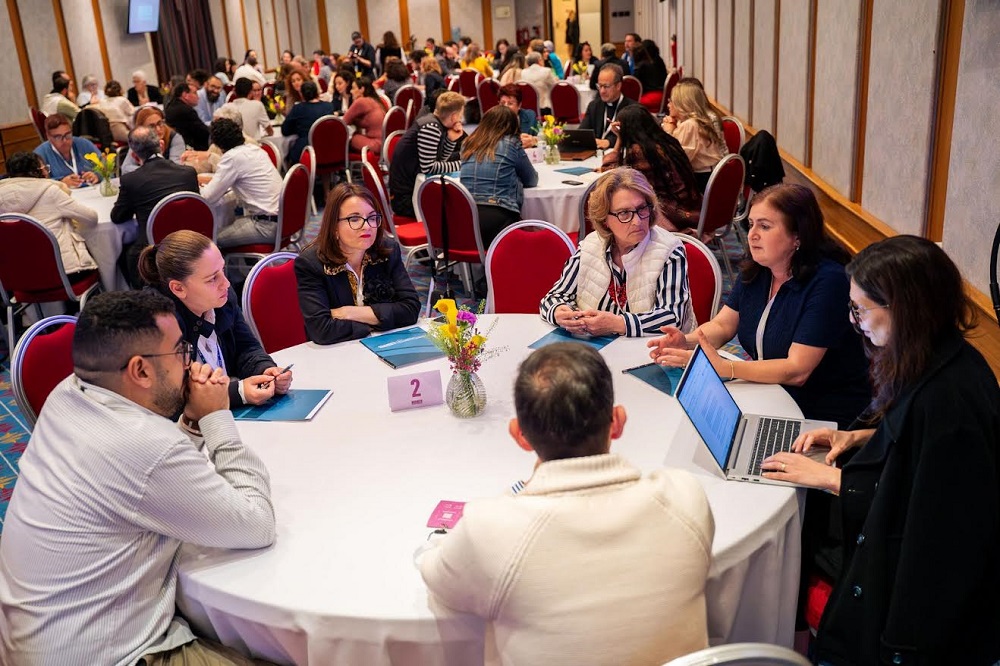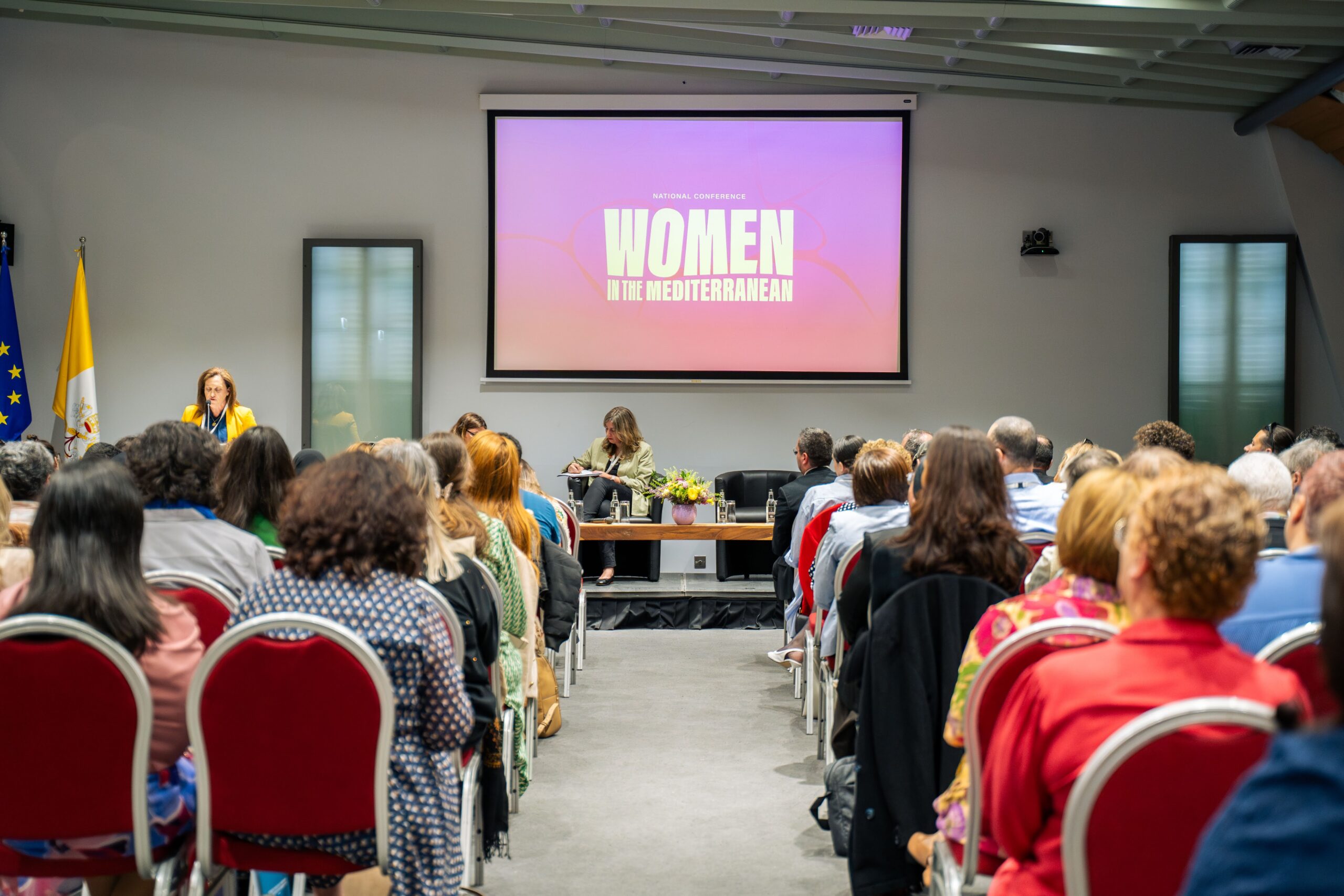
Bel Espoir Event Series
From March to October 2025, a peace training ship sailed the Mediterranean, connecting the five shores. On board, eight groups of twenty-five young people of all nationalities, cultures and religions were committed to peace.
The third stage of the MED 25 Le Bel Espoir aimed to rediscover the importance of women's place in building peace.
Objective
At a time when the country is ravaged by repeated instances of domestic violence and femicides, the Catholic Church in Malta aims to bring into play “renewed and shared narratives which―based on listening to the past and to the present―speak to the hearts of people”
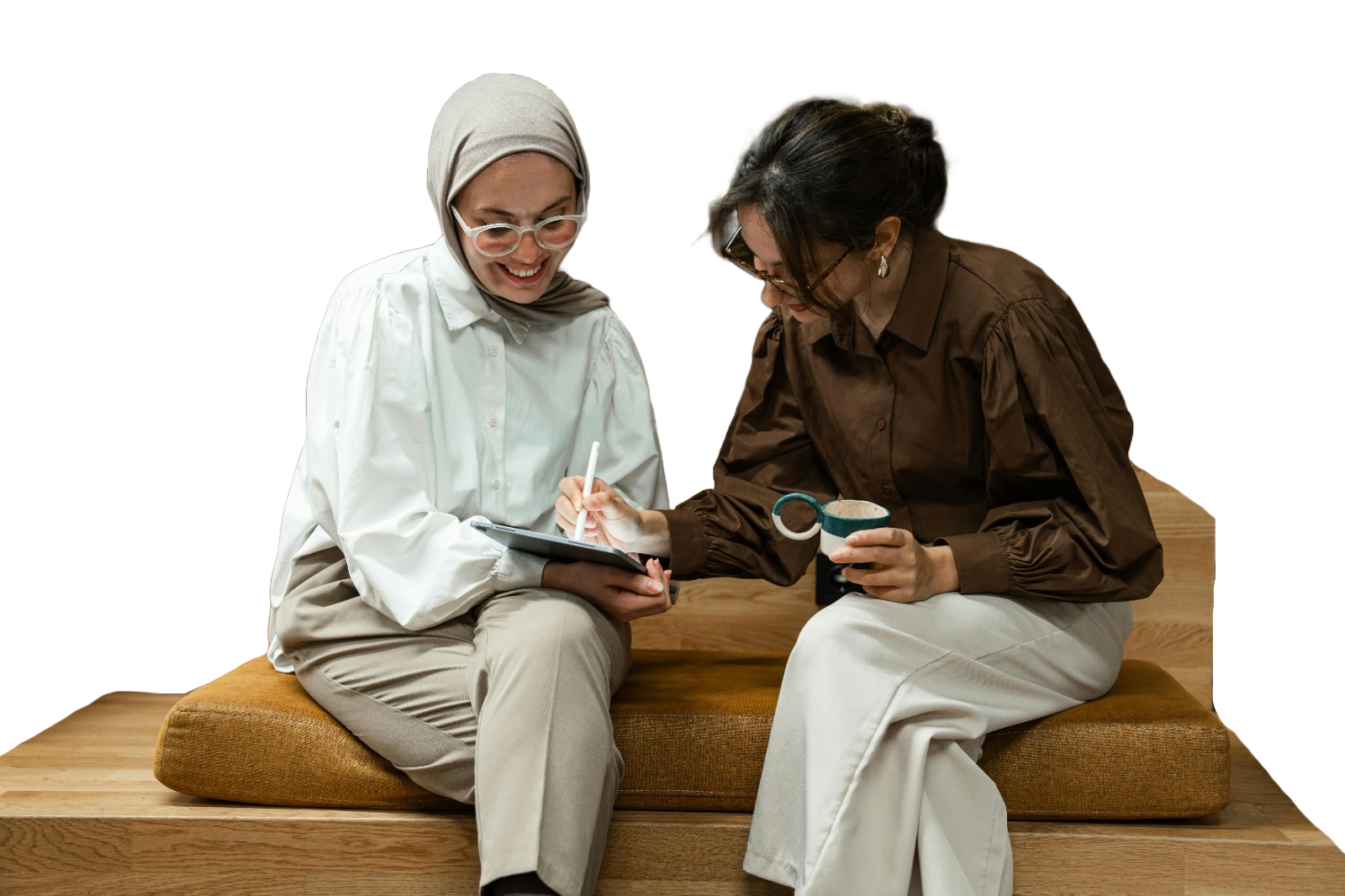
The primary aim of this third stage was to help bring about a change in the understanding of women as a self-determining subject, as opposed to an object of desire

Inspired by the Pope’s mandate and teachings regarding the importance of the Mediterranean in its strategic positioning of bringing peoples, cultures and religions together, the objective is to explore the role of Faith in the places which we inhabit


